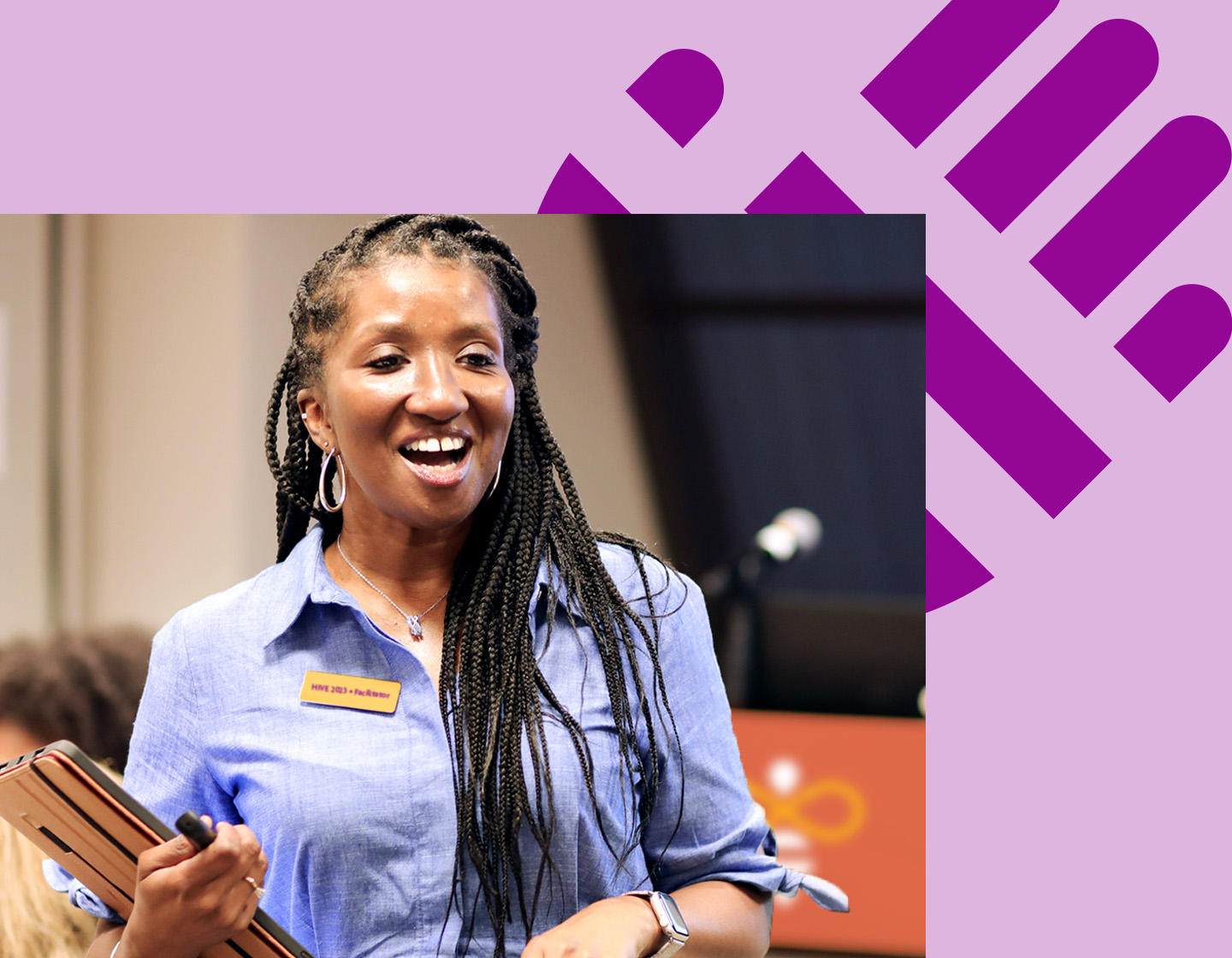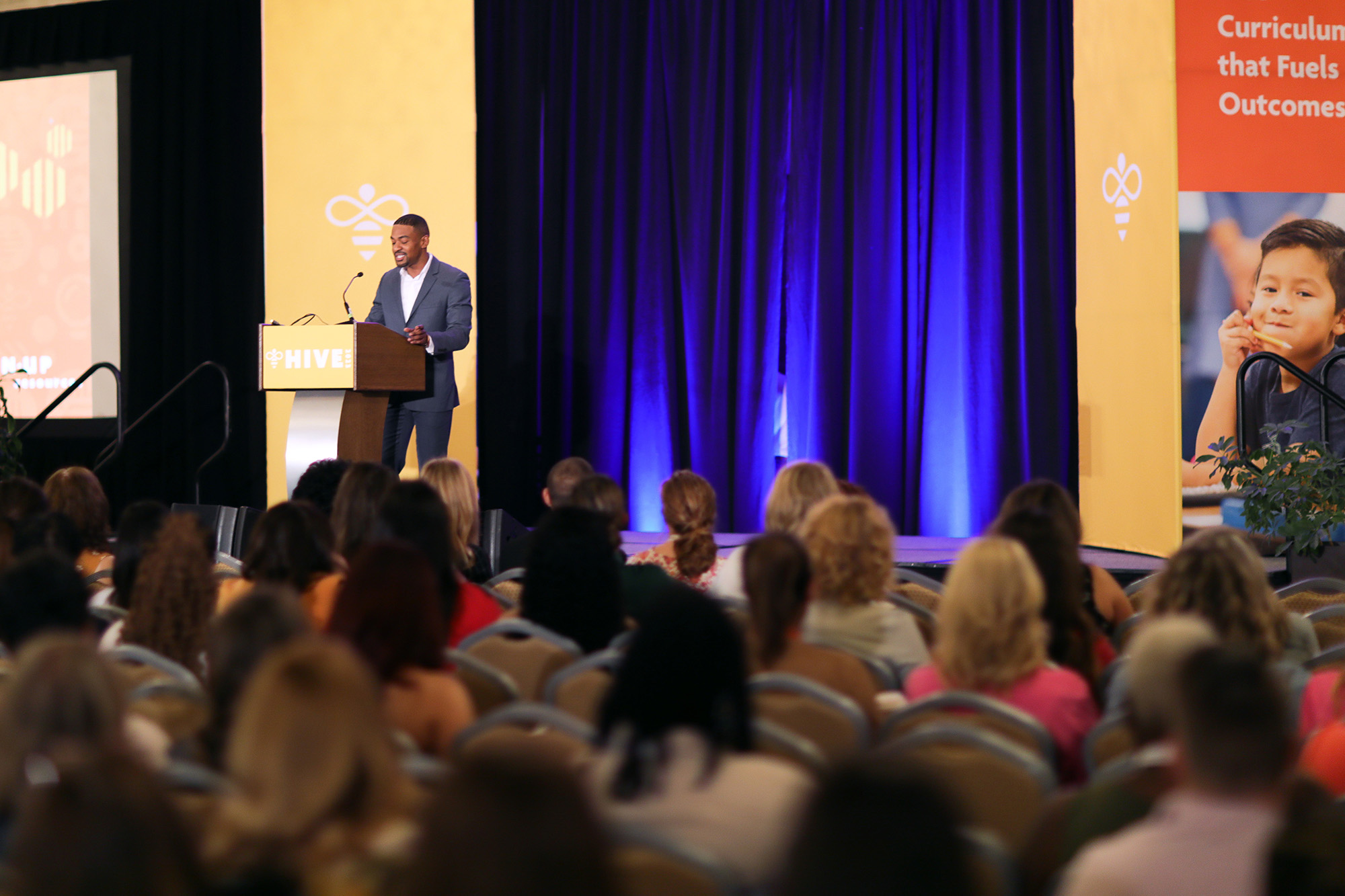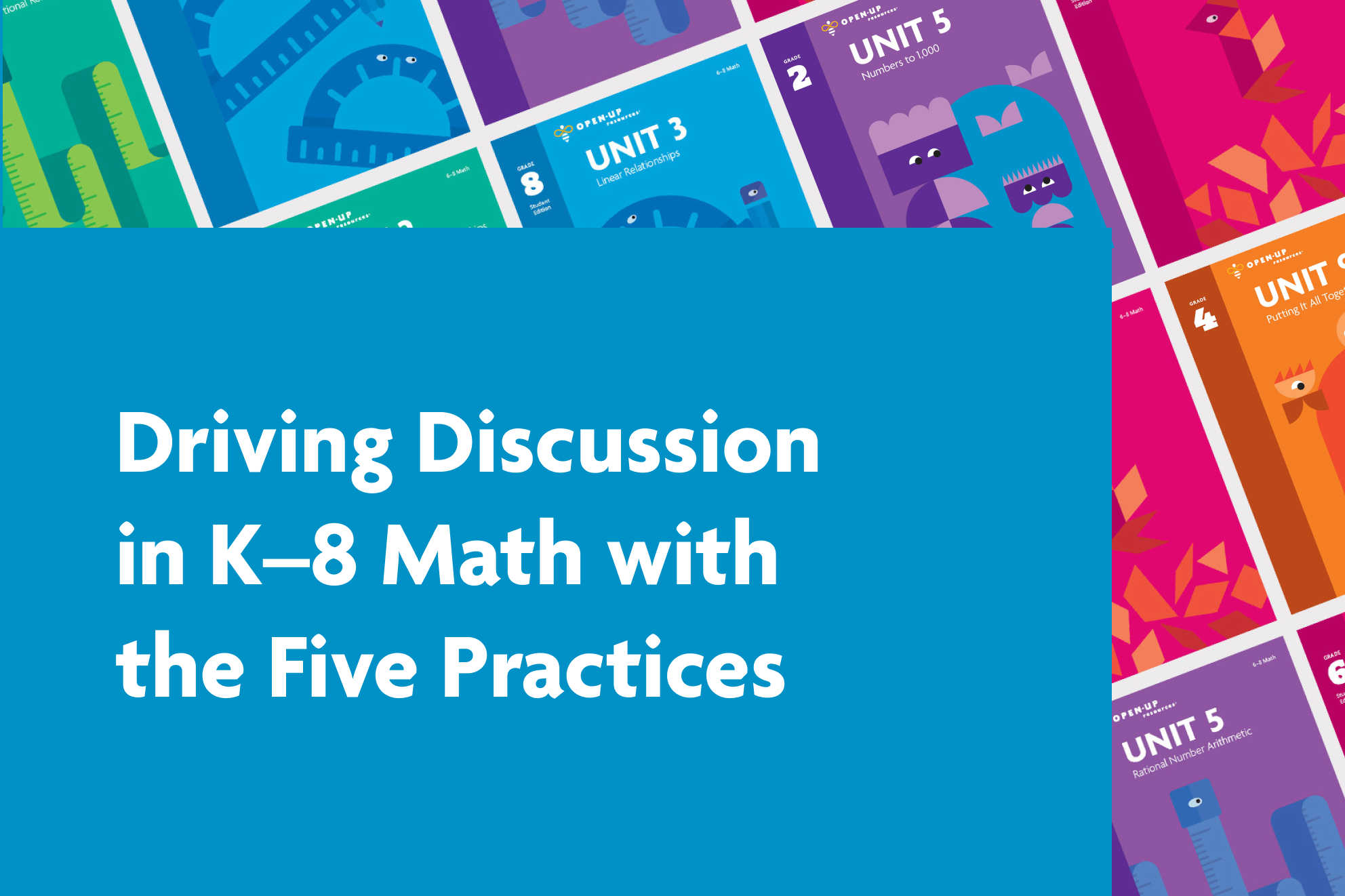Resource Center
Case Study: Open Up Resources K-8 Math
Open Up Resources
March 28, 2024

Latest Articles & Resources

May 04, 2025
Community Hearts & Hands: A Recap of the Open Up Resources 2025 Give Back Day
At Open Up Resources, we believe that care is an essential part of how communities thrive and a part of who we are. That’s why every year, on the anniversary of our founding, Open Up Resources team members across the country take part in Give Back Day—dedicated to supporting the places in which we live […]

May 02, 2025
Recipients Named for the 2025 Open Up Resources High School Mathematics Scholarship
ANNUAL SCHOLARSHIP HONORS STUDENTS WITH EXEMPLARY ACHIEVEMENTS IN MATHEMATICS AND POSITIVE CONTRIBUTIONS TO THEIR COMMUNITY Five graduates of Thornwood High School in South Holland (IL) and Thornridge High School in Dolton (IL), two schools in Thornton Township High School District 205, were named the 2025 recipients of the Open Up Resources High School Mathematics Scholarship. […]

April 30, 2025
Nash Selected as National Teacher of the Month for May 2025
Madison Nash, a 7th grade math teacher at Alan Shawn Feinstein Middle School of Coventry (RI), has been named the Open Up Resources Teacher of the Month for May 2025. Nash is being recognized for her outstanding work in her classroom and ongoing support of teachers across the country as a member of the Open […]

June 16, 2025
Investing in Rural Education: Open Up Resources Featured in Golden LEAF Initiative
The North Carolina Department of Public Instruction (NC DPI) has announced an exciting new effort to strengthen education in rural communities — and Open Up Resources is proud to be part of it. Through a partnership with the Golden LEAF Foundation and Marzano Resources, the Golden LEAF Schools Initiative will provide $25 million in funding […]

May 04, 2025
Community Hearts & Hands: A Recap of the Open Up Resources 2025 Give Back Day
At Open Up Resources, we believe that care is an essential part of how communities thrive and a part of who we are. That’s why every year, on the anniversary of our founding, Open Up Resources team members across the country take part in Give Back Day—dedicated to supporting the places in which we live […]

May 02, 2025
Recipients Named for the 2025 Open Up Resources High School Mathematics Scholarship
ANNUAL SCHOLARSHIP HONORS STUDENTS WITH EXEMPLARY ACHIEVEMENTS IN MATHEMATICS AND POSITIVE CONTRIBUTIONS TO THEIR COMMUNITY Five graduates of Thornwood High School in South Holland (IL) and Thornridge High School in Dolton (IL), two schools in Thornton Township High School District 205, were named the 2025 recipients of the Open Up Resources High School Mathematics Scholarship. […]

April 30, 2025
Nash Selected as National Teacher of the Month for May 2025
Madison Nash, a 7th grade math teacher at Alan Shawn Feinstein Middle School of Coventry (RI), has been named the Open Up Resources Teacher of the Month for May 2025. Nash is being recognized for her outstanding work in her classroom and ongoing support of teachers across the country as a member of the Open […]

March 26, 2025
Ruble Selected as National Teacher of the Month for April 2025
Jennifer Ruble, a 3rd grade teacher at Nikkari Elementary of St. Louis Public Schools (MO), has been named the Open Up Resources Teacher of the Month for April 2025. Ruble is being recognized for her outstanding work in her classroom and ongoing support of teachers across the country as a member of the Open Up […]

March 06, 2025
New York Superintendent Named 2025 Recipient of the Open Up Resources Leadership Award
The Award Honors PK-12 Public School Leaders Successfully Championing Learning for all Students. Dr. Luvelle Brown, Superintendent of Schools for the Ithaca City School District in Ithaca, NY has been named the 2025 recipient of the Open Up Resources Leadership Award. The award will be presented by Open Up Resources CEO, Jason Isaacs, on Friday, […]














